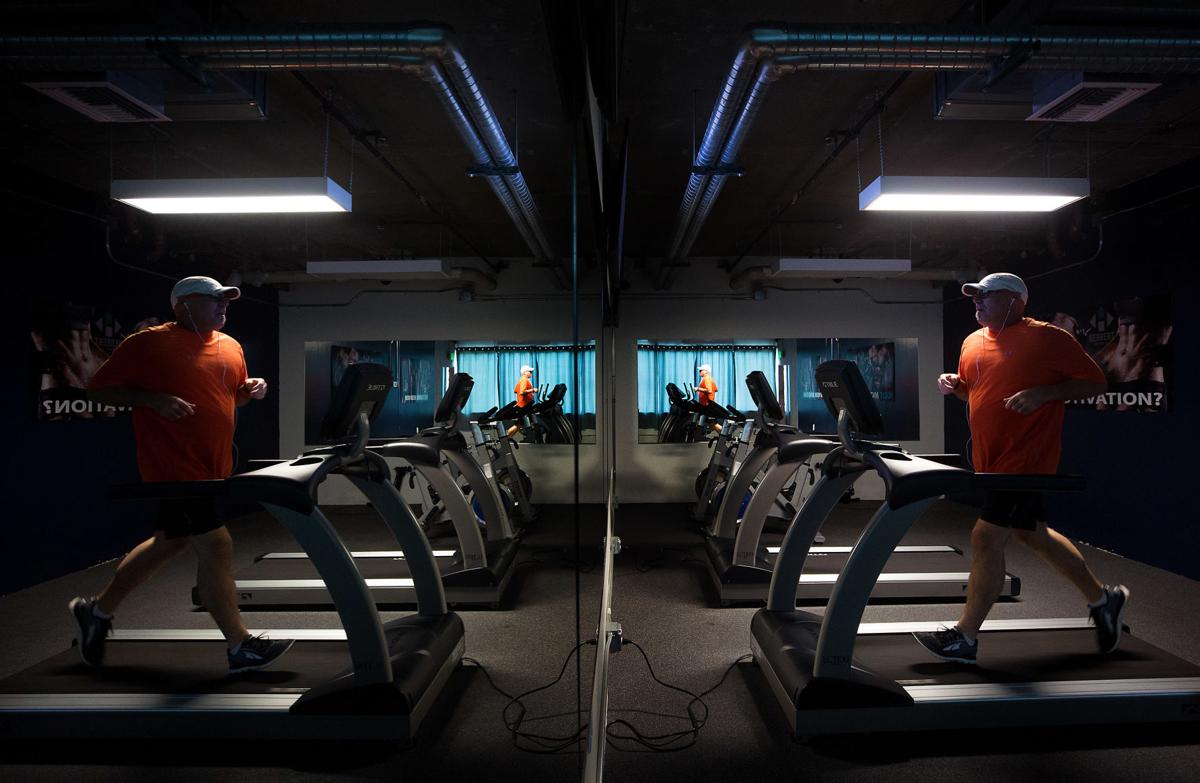Unwinding at the end of the day with a smoke on the balcony at sunset will no longer be an option for hundreds of УлшжжБВЅ renters.
A large apartment management company is embracing a growing trend of making complexes smoke-free.
Scotia Group Management has 35 complexes in the УлшжжБВЅ area and has started the transition.
Notice recently went out to tenants of five of its local complexes that the properties will adopt no-smoking policies in the coming year, said Kim Pacheco, director of multifamily operations for Scotia Group.
The early notice is to help any tenant who is a smoker either quit, comply with the new regulations or move to another complex.
The smoking ban applies to cigarettes, cigars and pipes.
The use of electronic cigarettes is still being studied, Pacheco said.
People are also reading…
тWeтre addressing things that bother other people,т she said. тYou canтt smoke medical marijuana but if you cook with it, itтs fine.т
Reaction has been mostly positive.
тWe have one couple who said they would move out and we expected that,т Pacheco said. тOur goal is to keep residents happy and we get a lot of complaints about secondhand smoke.т
The Scotia Group is working with УлшжжБВЅ Smoke-Free Living on the transition.
For now, Scotia has opted for тsilverт status under that program, which means no smoking in units or common areas, but there will be designated smoking areas set away from residents.
A gold status means complete banning of smoking anywhere on the property, including electronic cigarettes.
Aside from the health benefits, the move to smoke-free units also reduces the cost of turning over an apartment when a smoker moves out, Pacheco said. The Scotia Group units are the latest in the УлшжжБВЅ area to adopt the policy.
A handful of other УлшжжБВЅ-area complexes have transitioned to nonsmoking status, and a few new complexes opened for business without ever allowing smoking.
Earlier this year, developer MC Companies opened The Place at Riverwalk at East River and North Craycroft roads that has a nonsmoking policy and on-site health and fitness programs.
Last year a smoke-free policy for all public housing went into effect in УлшжжБВЅ, at the direction of the U.S. Department of Housing and Urban Development.
It applies to housing subsidized by public funds for low-income residents.
There are no recognized тsmokersт rightsт so landlords are within their right to impose bans.
According to the National Fire Protection Association, the majority of home fires caused by smoking originate in the bedroom, followed by exterior balconies and living rooms.
The literature for the state smoke-free initiative says 75% of renters would choose a complex that bans smoking and 40% of those would be willing to pay a little extra for that perk, noting that up to 65% of air in apartment buildings is shared.
The state offers landlords signage to inform tenants of the designation and of referals to smoking cessation programs upon request.
Visit A to learn more about the initiative.












